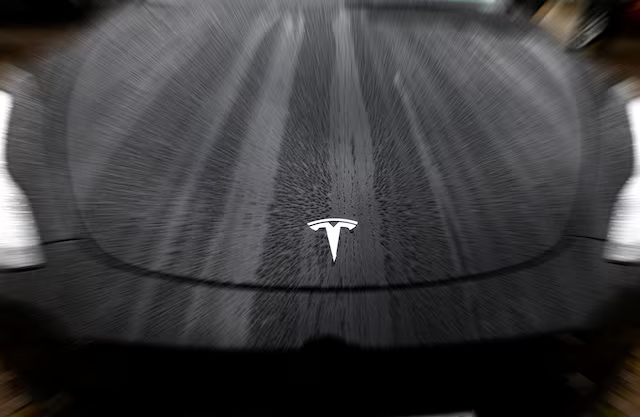Tesla’s vehicle sales in Europe experienced a significant downturn in April, falling 49% year-over-year to 7,261 units, according to data from the European Automobile Manufacturers’ Association (ACEA).
This decline contrasts with the broader growth of the battery electric vehicle (BEV) market in the region, which saw an increase of 34.1% during the same period.
The US-based electric carmaker has faced mounting pressures in the European market, including increased competition, changing consumer preferences, and reputational challenges linked to the political involvement of CEO Elon Musk.
Tesla’s sales decline marks the fourth consecutive monthly drop, reducing its share of the total European car market from 1.3% to 0.7% over the past year. In contrast, Chinese manufacturers like BYD and SAIC Motor posted strong growth, with BYD surpassing Tesla in BEV sales for the first time in the region.
Traditional European automakers and newcomers alike have expanded their electric offerings, while hybrid vehicles — which combine traditional engines with electric motors — continue to gain popularity. These hybrids now account for over 35% of the European car market. Tesla, which exclusively produces fully electric vehicles, has no hybrid models in its lineup.
Tesla’s recent challenges are not solely market-driven. The company has reportedly suffered brand damage in Europe, partly due to Elon Musk’s public and political affiliations, including his advisory role to US President Donald Trump and involvement in the so-called Department of Government Efficiency (DOGE).
Protests erupted at various Tesla locations across Europe in March, highlighting consumer discontent. Some investors have also raised concerns about Musk’s time commitment to Tesla, although he stated on a recent earnings call that he plans to reduce his DOGE involvement and reaffirmed his intent to lead Tesla for the next five years.
Despite launching an updated version of the Model Y SUV this year, Tesla’s product portfolio is seen by some analysts as aging, with no new mass-market models introduced recently. This has become increasingly significant as buyers seek newer options in a rapidly evolving EV landscape.
Overall car sales in Europe — including the EU, the UK, and EFTA countries — fell 0.3% in April, with total registrations standing at 1.07 million units. While sales in countries like Spain (+7.1%) and Italy (+2.7%) rose, declines were seen in France (-5.6%), Germany (-0.2%), and the UK (-10.4%).
Battery-electric, plug-in hybrid, and hybrid-electric vehicles combined to make up nearly 60% of total new car registrations, signaling a decisive market shift toward electrified transport. However, Tesla’s reduced European performance reflects a growing disconnect between broader EV market momentum and its individual brand trajectory in the region.










The latest news in your social feeds
Subscribe to our social media platforms to stay tuned